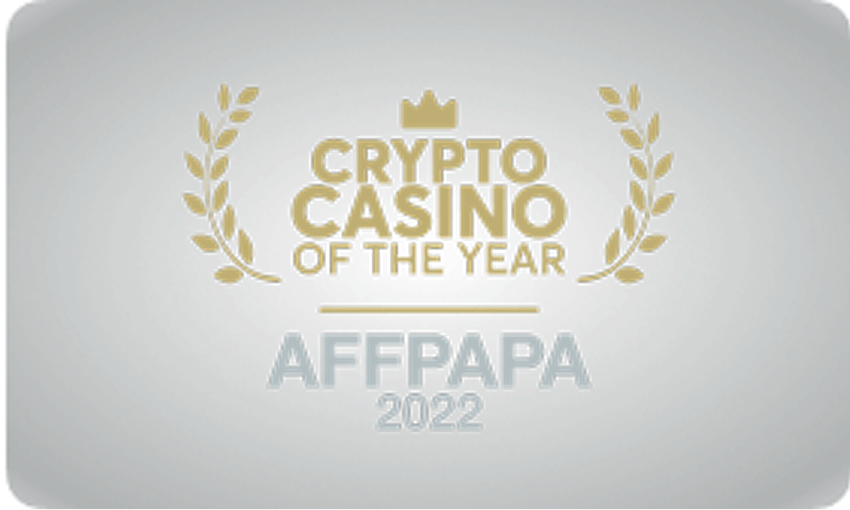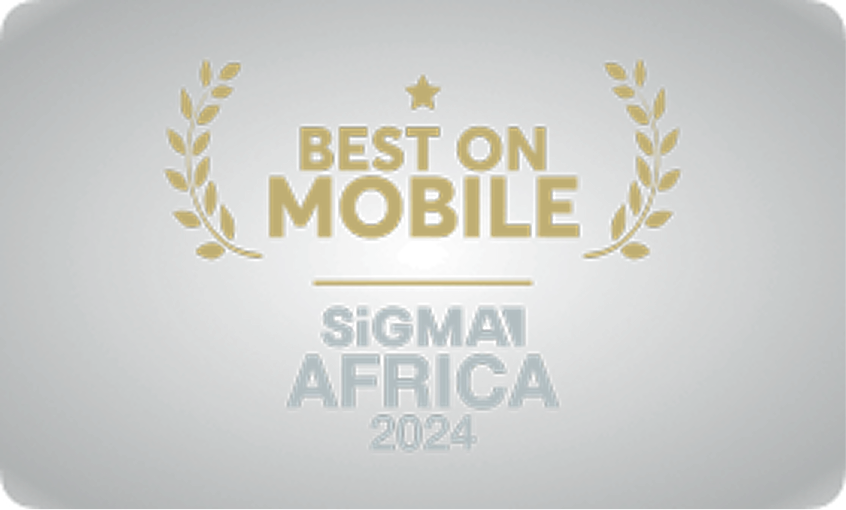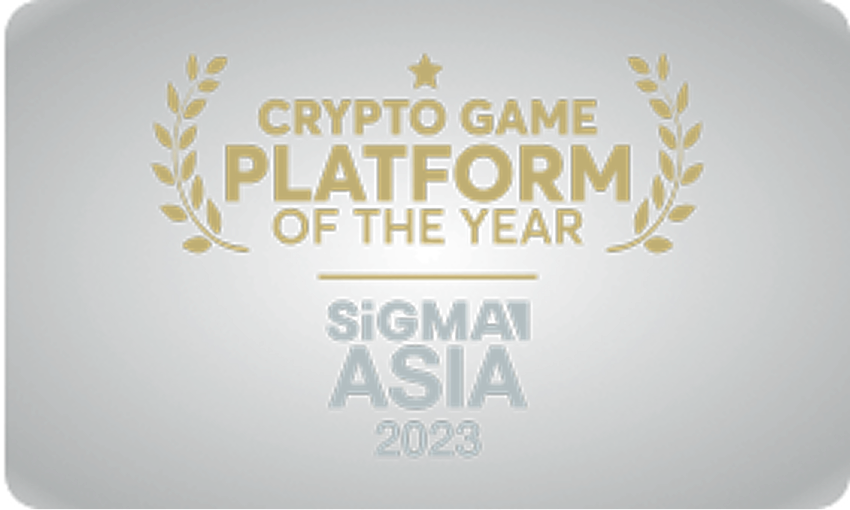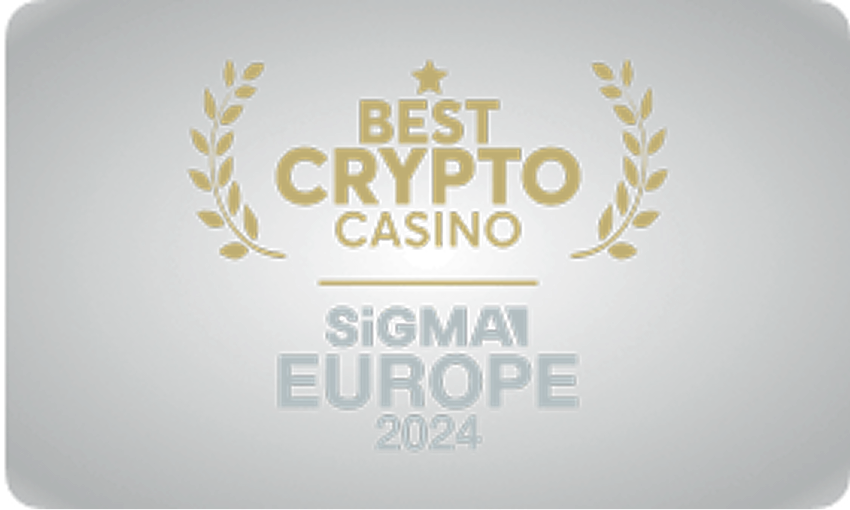During the first session on ExoClock at ERIM, the organisation and the current status of the ExoClock project are introduced. The strategies that are used to enable participation are presented, along with the results wfrom almost four years of operation of the project.
In the second part of the session, the tools for scheduling, observing and analysing a transit observation will be demonstrated in detail, including:
- how to use the ExoClock website to plan an exoplanet observation
- how to observe an exoplanet (main guidelines for a successful result)
- how to analyse the results During the last part we will discuss possibilities to get involved in the ExoClock project (as a professional observatory, as an amateur Astronomer, as a school or just as a citizen scientist).
The ExoClock Project (www.exoclock.space) is an open, integrated, and interactive platform, designed to maintain the ephemerides accuracy of the Ariel targets. Ariel is ESA's medium class space mission prepared for launch in 2029. The main aim of the mission is to characterise a large number of exoplanets to better understand their nature. ExoClock aims to provide transit mid-time predictions for Ariel by collecting all currently available data (literature observations, observations conducted for other purposes, both from ground and space) and by efficiently planning dedicated efforts to follow-up the Ariel targets. ExoClock is open to contributions from a variety of audiences professional, amateur astronomers, university students and industry partners aiming to make the best use of all available resources towards delivering a verified list of ephemerides for the Ariel targets before the launch of the mission. 0:00:00 Session 1 1:36:16 Session 2 2:55:29 Contact details and credits
The 1st Europlanet Research Infrastructure Meeting (ERIM), co-hosted with the 5th EPEC Annual Week 2023 (the training school for the Europlanet Early Career Network), took place from 19-23 June 2023 in Bratislava, Slovakia, and online. https://www.europlanet-society.org/erim2023/
ERIM 2023 was supported with funding from the Europlanet 2024 Research Infrastructure (RI) project. Europlanet 2024 RI has received funding from the European Union's Horizon 2020 research and innovation programme under grant agreement No 871149.









